#Malayalam cinema
Photo
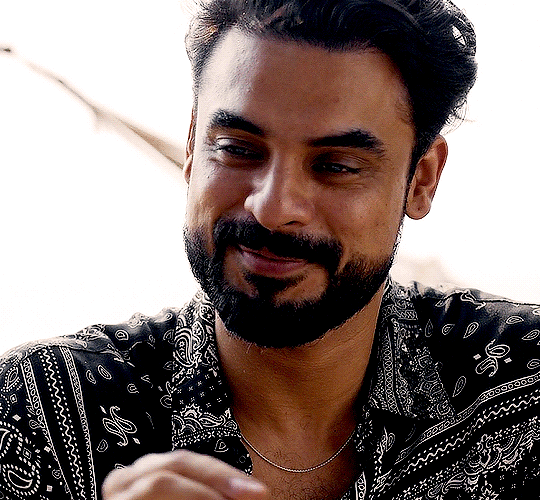
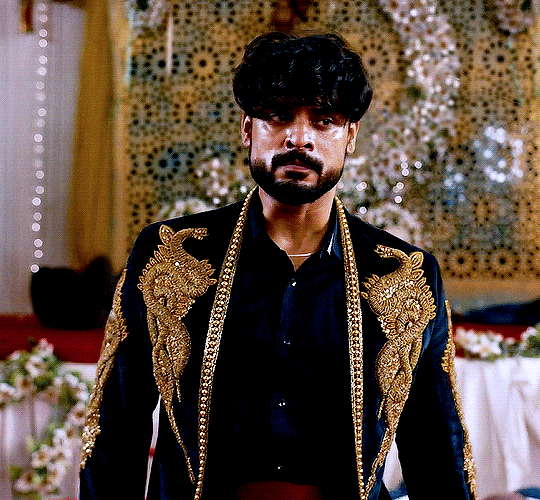

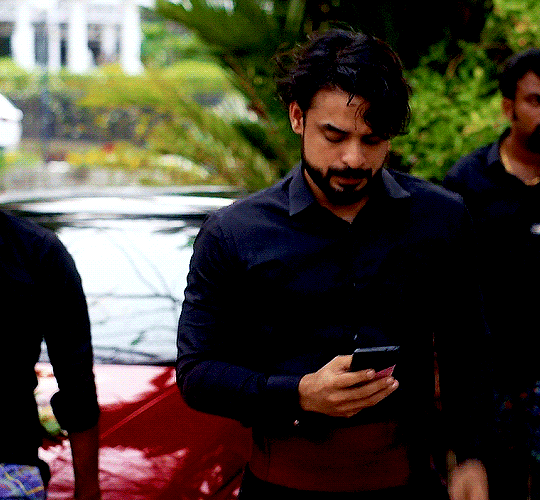
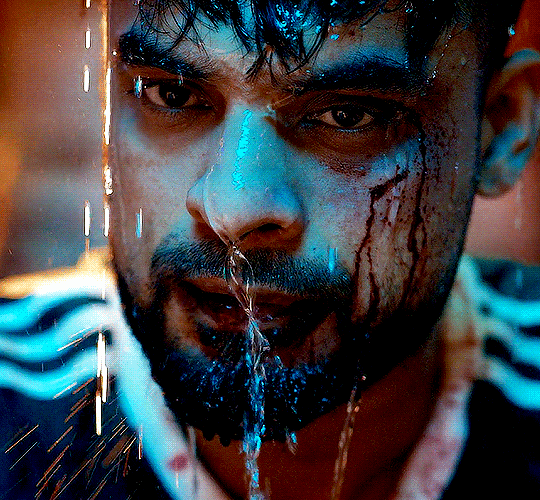

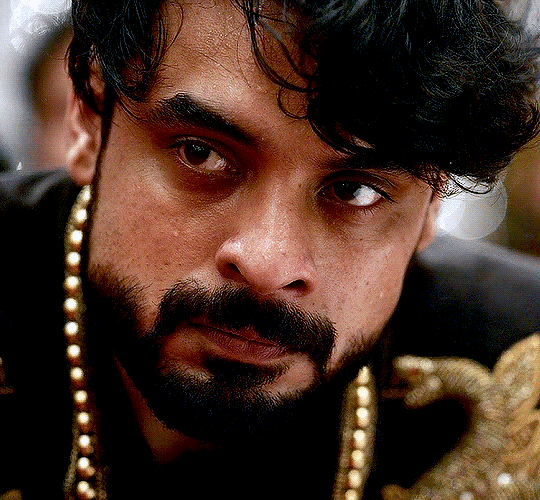

TOVINO THOMAS in THALLUMAALA (2022)
#filmedit#movieedit#mollywoodedit#filmgifs#dailytvfilmgifs#dailyflicks#tvandfilm#cinematv#malayalam cinema#moviegifs#userfilm#mollywood#tovino thomas#thallumaala#bollywoodedit#*#roedits#twblood#the fight scenes were shot so well#plus tovino's looking fine as hell#q
205 notes
·
View notes
Text
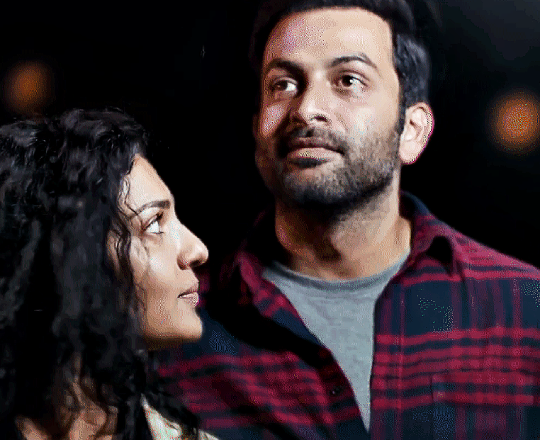
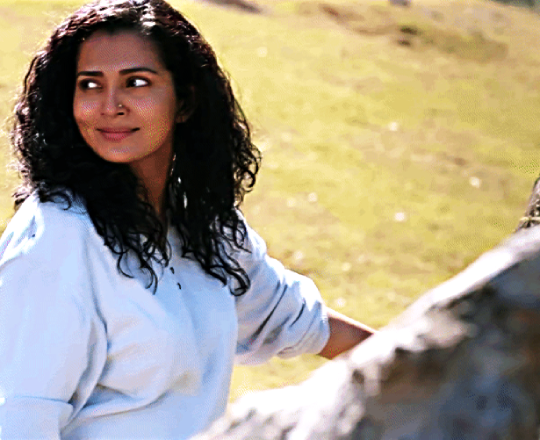

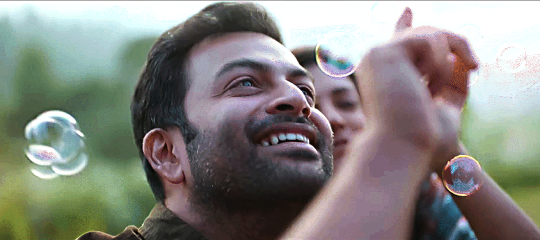
Prithviraj Sukumaran and Paravathy Thiruvothu in Vanaville, Koode (2018)
#prithviraj sukumaran#He's a literal bbg in this movie#like literally#paravathy thiruvothu#koode#malayalam cinema#indian cinema#cinemaedits#movie gifs#prithviraj gifs
27 notes
·
View notes
Text
Prithviraj Sukumaran as Joshua Thomas in Koode!
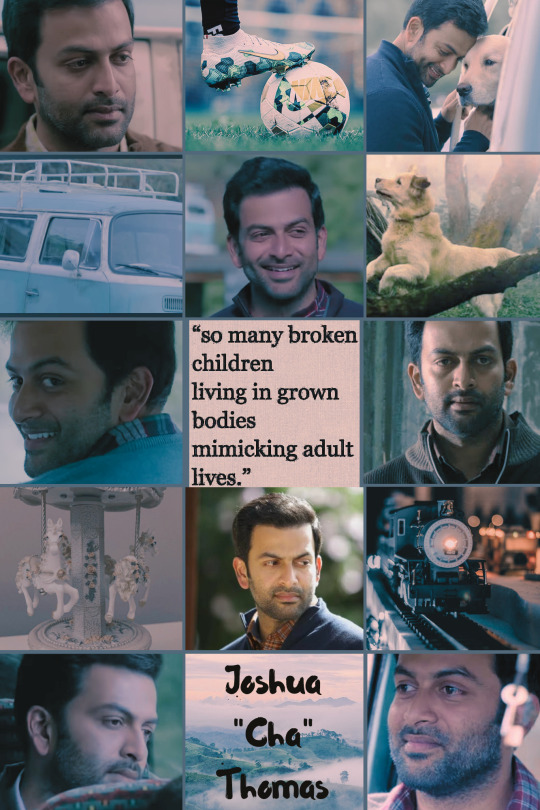
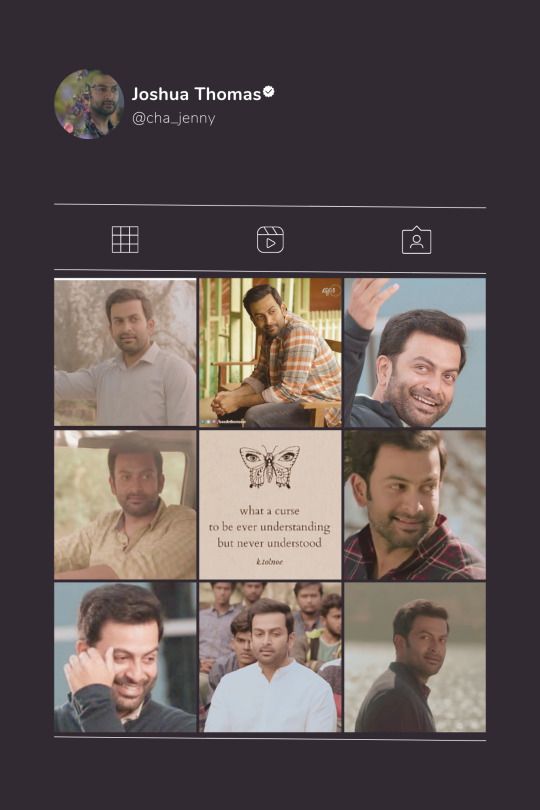
#koode#prithviraj sukumaran#joshua thomas#cha#malayalam movies#indian cinema#indian movies#malayalam cinema#movies#desiblr#desi tumblr
33 notes
·
View notes
Text

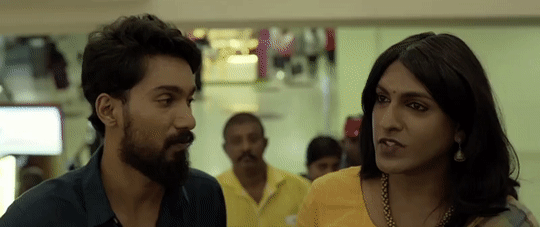
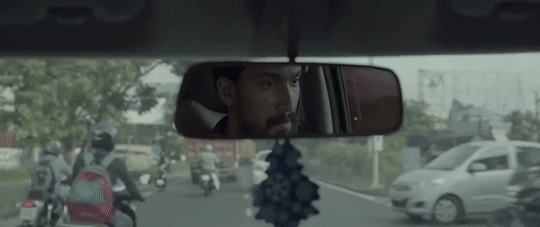


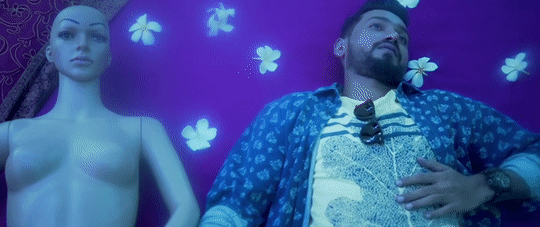
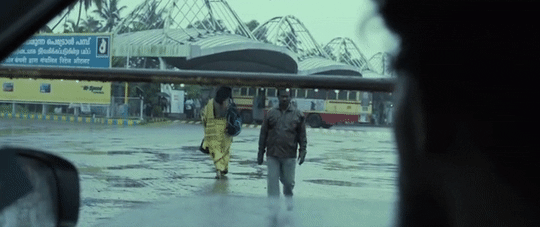



PIXELIA (2018)
dir. Ratheesh Ravindran
Kumar, a bachelor in his thirties leaves his corporate job in Kochi to become a graphic novelist. He embarks on a new life as an Uber driver in Kochi while working on his graphic novel titled Pixelia. One day a trans woman named Mandakini gets into his cab. They keep meeting, gradually bonding and building a relationship as Mandakini helps Kumar come to terms with his identity and future.
(link in title)
#lgbt cinema#trans cinema#pixelia#pixelia 2018#indian cinema#malayalam cinema#lgbt#trans#transgender#india#lgbt movie#trans movies#indian movies#lgbt film#trans film#indian films#lgbt media#trans media#queer cinema#asian cinema#south asian cinema#Ratheesh Ravindran#Sanal Aman#Gowri Savithri#2018#2010s#2010s movies#2010s cinema#2010s films
62 notes
·
View notes
Text
youtube
Year-end discussion in the Indian film space was dominated by the success of controversial film maker Sandeep Reddy Vanga's latest offering of undiluted misogyny and rage, appropriately titled "Animal"; but the best commentary I've seen on failed fatherhood and violent, toxic masculinity this year comes in a 2 minute scene in Kaathal: The Core, where a wizened old man testifies quietly in a family court that yes, he always knew that his son is gay, and still coerced him into a heterosexual marriage.
Kaathal: The Core isn't a film without flaws; one could argue that it's the quintessential film made about queer people by straight allies- actually more interested in the reaction to queerness and the adjustment to queerness by cishets, than in queer lives; that it has a one dimensional view of the reality of queer living in India. It has its moments of what I call "educational speechifying" that feel tonally at odds with the rest of it, but again, this paternalism in Indian cinema of the self-consciously "progressive" variety isn't unfamiliar.
The ending feels a little trite, and some artistic choices- an actual rainbow in the sky appears as the two lovers drive off into the sunset of their newly liberated lives-feel particularly anvil-like- much like the ending of another of director Jeo Baby's films, The Great Indian Kitchen, which was an exploration of the brutality of Indian-flavoured patriarchy. In short: a movie filled with intricately and deliberately placed subtleties that occasionally - somewhat inexplicably-loses confidence in its audience, and chooses to remedy that by being a bit over the top.
But those are minor quibbles. This movie gutted me. The story revolves around a middle-aged closeted gay man from a small close knit village community in Kerala whose life- and the lives of those around him- is thrown into disarray when his wife of twenty years files for divorce citing his gayness as the reason for the breakdown of the marriage- a step she takes just as he's nominated as his party's candidate for the local elections. With this premise, you'd be forgiven for expecting the movie to be high decibel melodrama- and possibly a tragedy- from start to finish. Instead, it deliberately chooses the quieter route, the most tender one; while not flinching away from the grim realities of widespread homophobia, it portrays both individuals and a community who , in a moment of crisis, discover that they are better than they think they are. And it does this not from a jingoistic, self-congratulatory ethno-nationalist perspective- but from a place of genuine love- as a reminder and a beacon in these dark times.
All of this is anchored in some fantastic performances- Mammootty once more showing up to remind us why he's one of the greatest living actors in the world, and Sudhi Kozhikode as Thankan in what should be a multiple-award winning performance as his long time lover. I've rarely seen an actor make so much of their limited screen time. When I say that minutes 50-52 of this film are the most devastatingly tragic-romantic moments in world cinema, you'll think I'm exaggerating and perhaps I am, but I can also guarantee that you're going to want to rewatch that sequence at least ten times and cry about two old geezers in love. Lives were changed in those moments, no lie.
My one disappointment in terms of performances is Jyothika, playing Omana, the long suffering wife. Omana is one of the stand-outs in the history of female characters in Malayalam cinema, and Jyothika is- barely adequate. When you contrast it with a similar role - say Hsieh Ying -xuan's performance as Liu San-lian in Dear Ex (2018)- the flatness is even more jarring. Still, the sheer love with which her character and her relationships, especially with her husband, are written carry the film through.
Tl;dr: watch it on Amazon Prime or at a theatre near you! You will not regret it.
38 notes
·
View notes
Photo
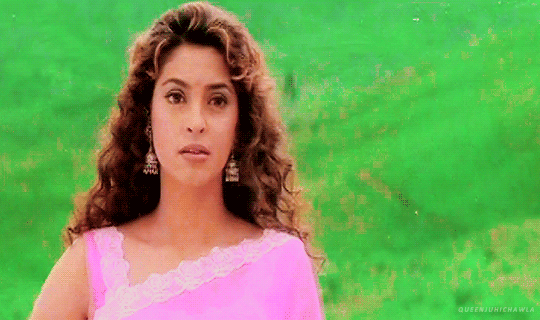

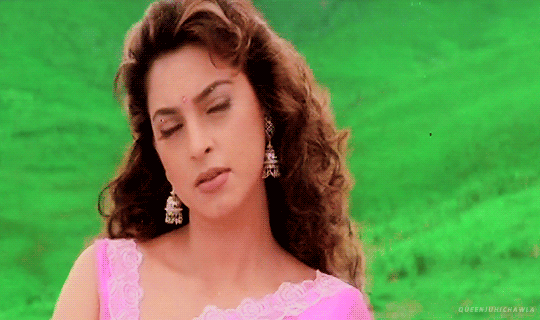
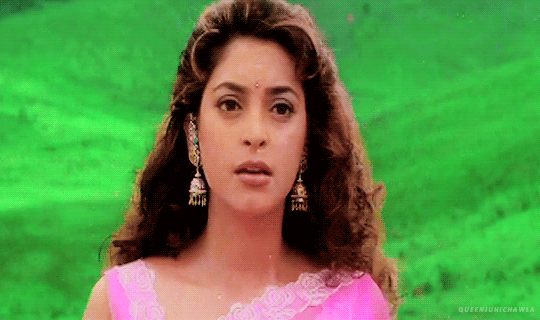
407/∞ moments with Juhi Chawla ❤
↪ as Mira in “Harikrishnans” (1998)
#juhichawlaedit#bollywoodedit#mollywoodedit#filmedit#Harikrishnans#harikrishnansedit#infinitejuhi#Mira#harikrishnans gifs#gifs#SPL#userhekaates#useraish#userfaiths#usershreyu#thatsent#dailybollywoodqueens#filmtvcentral#malayalam cinema#userthing#southasiansource#cinematv#usercats#femalegifsource#fyeahmovies#dailyworldcinema#smudgedhenna
69 notes
·
View notes
Text

Kaathal - The Core (2023)
21 notes
·
View notes
Text
manjummel boys. that’s it. that’s the post.
13 notes
·
View notes
Photo

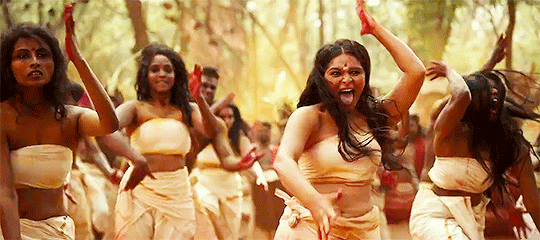


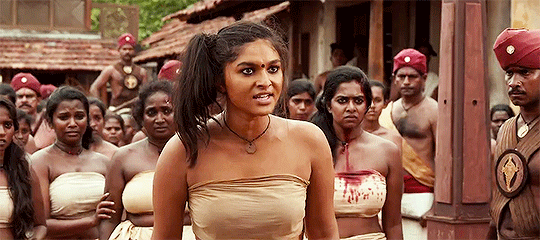
Kayadu Lohar as NANGELI in Pathonpatham Noottandu
#filmedit#movieedit#wocedit#worldcinemaedit#southasiansource#pathonpatham noottandu#nangeli#perioddramaedit#filmdaily#cinematv#kayadu lohar#**fem#*mine#malayalam cinema#i reallylike this reimagination of nangeli as a kalaripayattu warrior!#also.. every historical is like - past was full of wonderful kings who were great warriors andd beautiful princesses..#meanwhile malayalam film industry is like - past was full of inustice and casteism and not some golden era you should aaspire to!#that's the reason why i like malayalam film industry
390 notes
·
View notes
Text
Gulf migration is not just a major phenomenon in Kerala; north Indian states also see massive migration to the Gulf. Uttar Pradesh and Bihar accounted for the biggest share (30% and 15%) of all Indian workers migrating to GCC1 countries in 2016-17 (Khan 2023)—a trend which continues today. Remittances from the Gulf have brought about significant growth in Bihar’s economy (Khan 2023)—as part of a migrant’s family, I have observed a tangible shift in the quality of life, education, houses, and so on, in Siwan. In Bihar, three districts—Siwan, Gopalganj, and Chapra—send the majority of Gulf migrants from the state, mostly for manual labor (Khan 2023). Bihar also sees internal migration of daily wagers to Delhi, Bombay, and other parts of India. Gulf migration from India’s northern regions, like elsewhere in India, began after the oil boom in the 1970s. Before this time, migration was limited to a few places such as Assam, Calcutta, Bokaro, and Barauni—my own grandfather worked in the Bokaro steel factory.
Despite the role of Gulf migration and internal migration in north Indian regions, we see a representational void in popular culture. Bollywood films on migration largely use rural settings, focussing on people who work in the USA, Europe, or Canada. The narratives centre these migrants’ love for the land and use dialogue such as ‘mitti ki khusbu‘ (fragrance of homeland). Few Bollywood films, like Dor and Silvat, portray internal migration and Gulf migration. While Bollywood films frequently centre diasporic experiences such as Gujaratis in the USA and Punjabis in Canada, they fail in portraying Bihari migrants, be they indentured labourers in the diaspora, daily wagers in Bengal, or Gulf migrants. The regional Bhojpuri film industry fares no better in this regard. ‘A good chunk of the budget is spent on songs since Bhojpuri songs have an even larger viewership that goes beyond the Bhojpuri-speaking public’, notes Ahmed (2022), marking a context where there is little purchase for Gulf migration to be used as a reference to narrate human stories of longing, sacrifice, and family.
One reason for this biased representation of migration is that we see ‘migration’ as a monolith. In academic discourse, too, migration is often depicted as a commonplace phenomenon, but I believe it is crucial to make nuanced distinctions in the usage of the terms ‘migration’ and ‘migrant’. The term ‘migration’ is a broad umbrella term that may oversimplify the diverse experiences within this category. My specific concern is about Gulf migrants, as their migration often occurs under challenging circumstances. For individuals from my region, heading to the Gulf is typically a last resort. This kind of migration leads to many difficulties, especially when it distances migrants from their family for much of their lifetime. The term ‘migration’, therefore, inadequately captures the profound differences between, for instance, migrating to the USA for educational purposes and migrating to the Gulf for labour jobs. Bihar has a rich history of migration, dating back to the era of indentured labor known as girmitiya. Following the abolition of slavery in 1883, colonial powers engaged in the recruitment of laborers for their other colonies through agreements (Jha 2019). Girmitiya distinguishes itself from the migration. People who are going to the Arabian Gulf as blue-collar labourers are also called ‘Gulf migrants’—a term that erases how their conditions are very close to slavery. This is why, as a son who rarely saw his father, I prefer to call myself a ‘victim of migration’ rather than just a ‘part of migration’. It is this sense of victimhood and lack of control over one’s life that I saw missing in Bollywood and Bhojpuri cinema.
— Watching 'Malabari Films' in Bihar: Gulf Migration and Transregional Connections
#bhojpuri indentured history#malayalam cinema#bihari labour migration#gulf migrant labour#malayali labour migration#bollywood cinema#bhojpuri cinema
13 notes
·
View notes
Photo
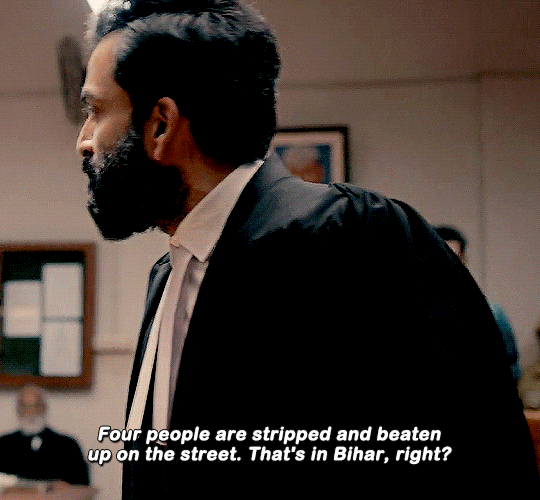
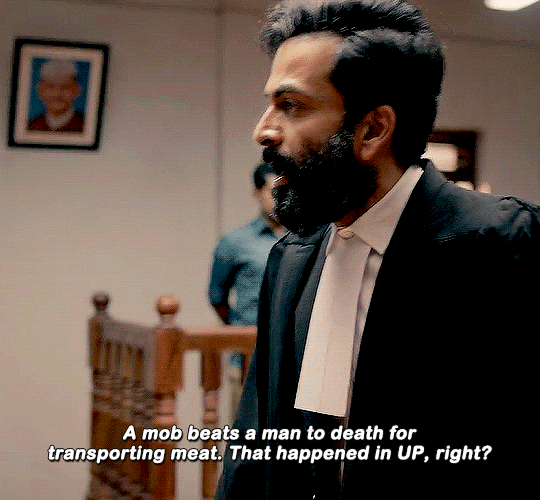
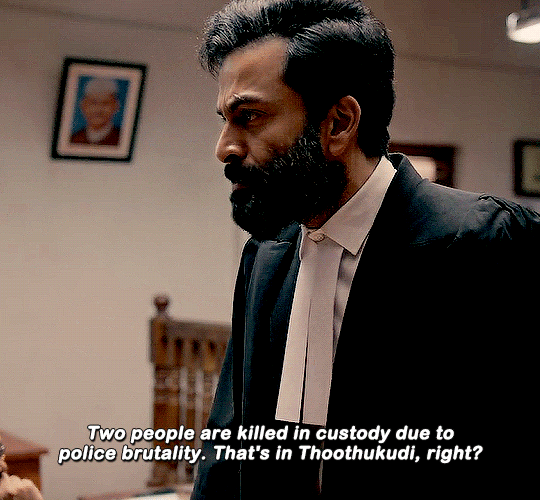
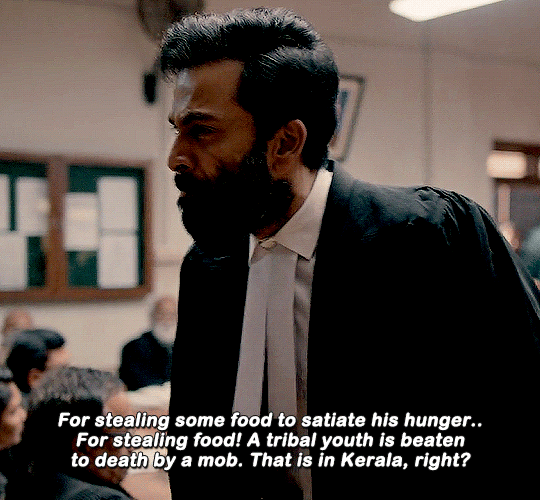

The politics of discrimination. The politics of hate. Why, even the court said that it can be guessed from their looks! And what made you say that? The politics of caste!
JANA GANA MANA (2022), dir. Dijo Jose Antony
#filmedit#movieedit#mollywoodedit#filmgifs#tvfilm#dailyflicks#dailytvfilmgifs#worldcinemaedit#cinematv#usertvfilm#userfilm#moviegifs#fyeahmovies#malayalam cinema#mollywood#prithviraj#jana gana mana#bollywoodedit#*#roedits#i need the part 2 of this movie asap#q
279 notes
·
View notes
Photo

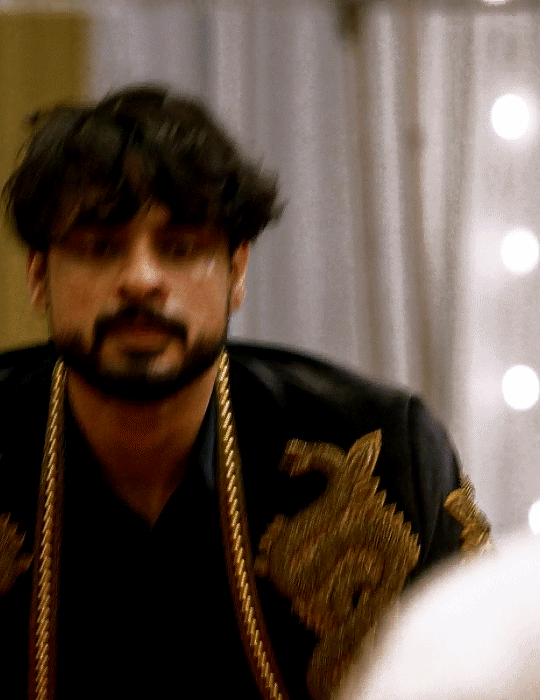
Tovino Thomas in Thallumaala (2022)
[ID: 2 gifs of Wazid played by Tovino Thomas in Malayalam film, Thallumaala. He gets up from sitting in a chair and starts walking towards someone off screen./END ID]
#thallumaala#mollywood#tovino thomas#Malayalam Cinema#film edit#cinematv#asiancinemasource#asiancentral#intcinemaedit#dailyworldcinema#south asian cinema#ours#by gil#malayalam
179 notes
·
View notes
Text



ok here’s mohanlal smiling. have a good day.
#mohanlal#indian cinema#southindian#southindianmovies#mallu#Tamil#Malayalam#malayalam cinema#Tamil cinema
8 notes
·
View notes
Photo



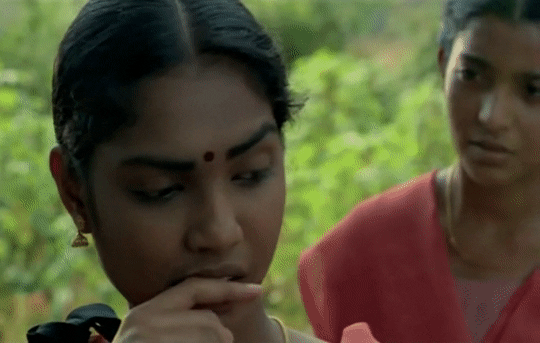

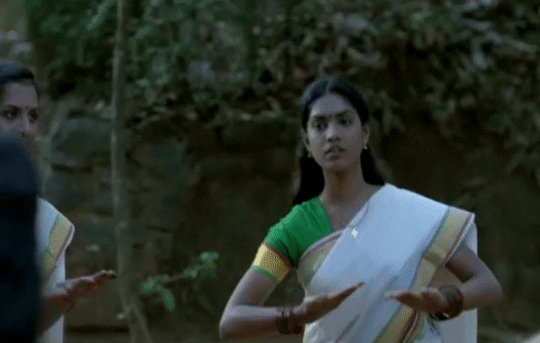




സഞ്ചാരം | THE JOURNEY (2004)
dir. Ligy J. Pullappally
Beautiful young Kiran falls in love with her lifelong best friend, the effervescent Delilah. But in their idyllic Indian village, tradition still dictates that a girl marry a boy chosen by her family. With longing in her heart, Kiran refrains from expressing her love. However, one day her neighbor Rajan comes to Kiran and asks her to help him compose love letters to Delilah. Thinking this will serve as an outlet for her feelings Kiran agrees, and writes passionate, poetic love letters to Delilah in Rajan’s name. Delilah, however, suspects that Rajan might not be the author, and soon discovers her friend’s secret. Kiran fears that this will end their friendship, but Delilah thrills her by confessing similar feelings, and they somewhat recklessly begin a relationship, but their deep emotion soon becomes obvious to their families.
(link in title)
#lgbt cinema#lesbian cinema#sancharram#the journey#the journey 2004#malayalam cinema#indian cinema#lgbt#lesbian#india#lgbt movie#lesbian movies#indian movies#malayalam movies#lgbt film#lesbian film#indian films#malayalam film#lgbt media#lesbian media#queer cinema#asian cinema#south asian cinema#ligy j. pullappally#shruthy menon#suhasini v. nair#2004#00s#2000s#00s movies
49 notes
·
View notes
Photo



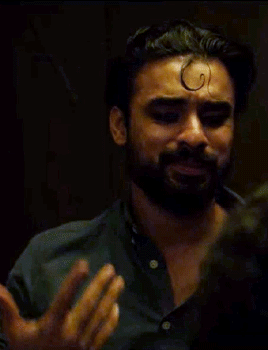
Vinood + the Superman Look™
DEAR FRIEND (2022)
#dear friend (2022)#tovino thomas#malayalam cinema#mollywood#mollywoodedit#south indian cinema#southasiansource#desicinema#filmedit#worldcinemaedit#intcinemaedit#asiancinemasource#ccnet#pocedit#mine*#sorry for the absolute shit quality#the creators of this were truly SO insane for having him in this look but having atrocious lighting#truly they were trying to drive me insane
100 notes
·
View notes
Text
Dedicating this to Nandini.
ആത്മാവിൻ പുസ്തകത്താളിൽ ഒരു മയിൽപ്പീലി പിടഞ്ഞു
A peacock feather writhed in the pages of my soul.
വാലിട്ടെഴുതുന്ന രാവിൻ വാൽക്കണ്ണാടിയുടഞ്ഞു
The mirror of the adorning night has shattered. Valkkanadi is a kind of long handled mirror made in Kerala, and is considered sacred and auspicious.
വാർമുകിലും സന്ധ്യാംബരവും ഇരുളിൽ പോയ്മറഞ്ഞു
Rainclouds and the evening sky have disappeared in the darkness.
കണ്ണീർ കൈവഴിയിൽ ഓർമ്മകൾ ഇടറിവീണു
The memories slipped into a river of tears.
കഥയറിയാതിന്നു സൂര്യൻ
സ്വർണ്ണത്താമരയെ കൈവെടിഞ്ഞു (2)
Today, the golden lotus was misunderstood and forsaken by the sun.
അറിയാതെ ആരുമറിയാതെ
ചിരിതൂകും താരകളറിയാതെ
Then, without anyone knowing, without the laughing stars knowing,
അമ്പിളിയറിയാതെ, ഇളംതെന്നലറിയാതെ
without the moon knowing, without the breeze knowing,
യാമിനിയിൽ ദേവൻ മയങ്ങി
the god slumbered in the night.
നന്ദനവനിയിലെ* ഗായകൻ
ചൈത്രവീണയെ കാട്ടിലെറിഞ്ഞു (2)
The gandharva has abandoned his veena in the forest.
വിടപറയും കാനനകന്യകളേ
The wood nymphs who are bidding farewell,
അങ്ങകലേ നിങ്ങൾ കേട്ടുവോ
do you hear at a distance,
മാനസതന്ത്രികളിൽ വിതുമ്പുന്ന പല്ലവിയിൽ
അലതല്ലും വിരഹഗാനം ...
the weeping tunes of seperation rippling on the heartstrings?
*It says the singer of Nandana vani. Nandana vani is Indra's garden in Amaravati where Gandharvas sing, apsaras dance and 5 divine trees grow. Gandharva abandoning his veena alludes to a curse. Sometimes Gandharvas are cursed to be born on earth and return only when they attain salvation.
Movie: Mazhayetthum Munpe (1995)
Lyricist: Kaithapram
Music: Raveendran
Singer: K J Yesudas
#ponniyin selvan#ponniyin selvan 2#nandini#aditha karikalan#kollywood#malayalam cinema#malayalam movies#Yesudas#nandini x aditha#Spotify
10 notes
·
View notes